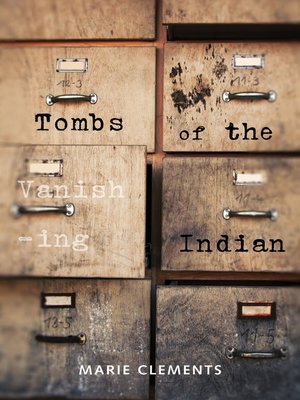
Sign up to save your library
With an OverDrive account, you can save your favorite libraries for at-a-glance information about availability. Find out more about OverDrive accounts.
Find this title in Libby, the library reading app by OverDrive.



Search for a digital library with this title
Title found at these libraries:
| Library Name | Distance |
|---|---|
| Loading... |
Three Young Native American sisters and their mother board a bus bound for Los Angeles, leaving home as part of a 1950s government mandate to relocate reserve Indians to urban centres. This assimilationist policy was one focus of Métis playwright Marie Clements's research when she was commissioned to create a new play for the tenth anniversary of the Native Voices series at the Autry National Center, Los Angeles.
Clements dramatizes the emotional, psychological and social repercussions of this, and subsequent, bureaucratic incursions into the girls' lives. Their arrival in California takes a tragic turn when their mother is suddenly killed and the girls are arbitrarily placed in different foster homes, never to see each other again.
We follow Janey, Miranda and Jessie as they lead very disparate adult lives: Janey, a troubled vagrant; Miranda, a burgeoning actress fighting typecasting in Hollywood; Jessie, an idealist physician who's married to a medical colleague. As it was bureaucratic policy that had dismantled their secure family unit and sent each girl into the unknown, so too did a government paper ultimately bring them together, if only symbolically. Clements casts the sisters' narrative against the backdrop of another historical injustice: the forced sterilization of thousands of Native women in the 1970s, a practice that was only abolished in 1981.
Clements's play is a compelling, and poetic, investigation of the coldly bureaucratic machinations that have, throughout history, attempted to facilitate the disappearance of Native people. Though Tombs of the Vanishing Indian focuses on specific policies and locations, it speaks eloquently to broader themes of Aboriginal displacement. There are, indeed, echoes of Canadian policy aimed at the dissolution of First Nations families and culture: the potlatch ban, residential schools and the ban on Native language, whose profoundly damaging ramifications are our shared legacy.
Cast of 4 women and 3 men.







